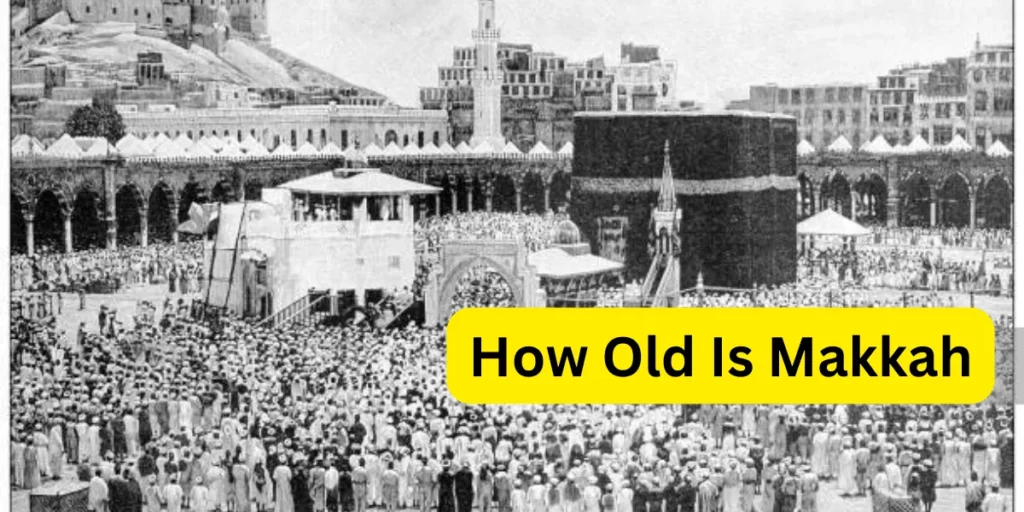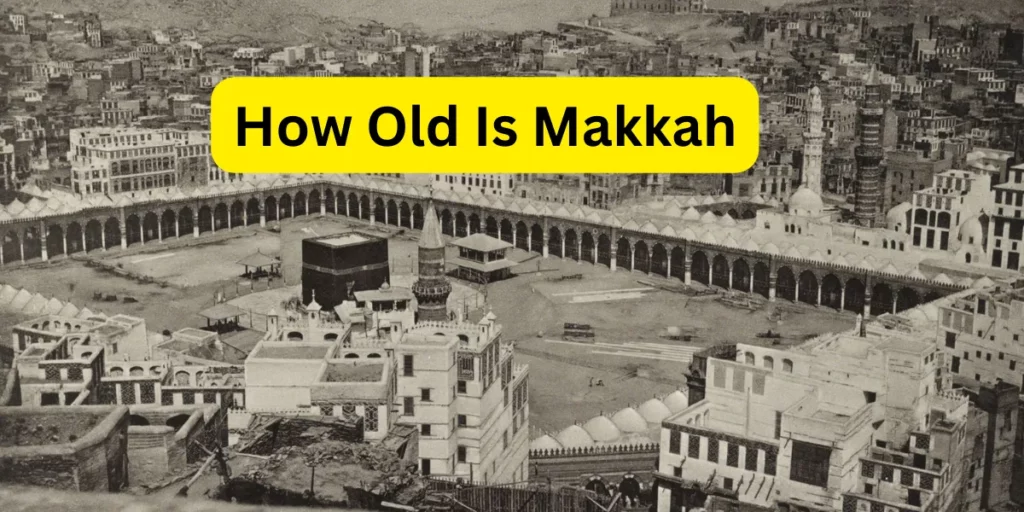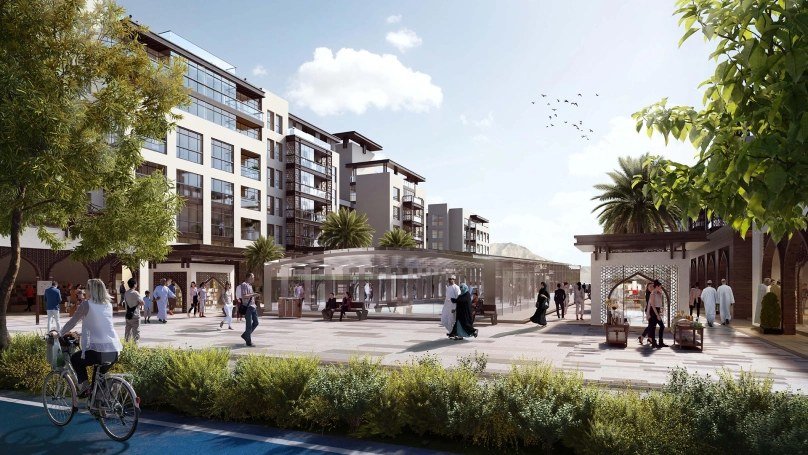How Old Is Makkah?
Makkah, also known as Mecca, holds immense historical and religious significance for Muslims worldwide. As the birthplace of Islam and home to the sacred Kaaba, Makkah attracts millions of pilgrims each year. In this article, we will delve into the age of Makkah and explore its fascinating history.
The Origins of Makkah
Makkah’s origins can be traced back to ancient times. According to historical records, Makkah was established by the prophet Ibrahim (Abraham) and his son Ismail (Ishmael) around 2,000 BCE. Ibrahim and Ismail are revered figures in Islam and are believed to have built the Kaaba, which stands at the heart of the Masjid al-Haram, the grand mosque of Makkah.
Pre-Islamic Makkah
Before the advent of Islam, Makkah was a bustling center of trade and commerce. The city was strategically located along the trade routes connecting southern Arabia to the north. The Quraysh tribe, to which the Prophet Muhammad belonged, held significant influence in Makkah and controlled the Kaaba.
If you’re looking to rent a car in Madinah, you’re in luck. There are several reputable car rental companies in the city offering a wide range of vehicles to suit your needs. Whether you’re visiting for business or pleasure, renting a car gives you the flexibility to explore Madinah and its surroundings at your own pace. From compact cars to luxury sedans, you’ll find options that fit your budget and preferences. Enjoy the convenience of traveling around this historic city and make the most of your trip with a rented car in Madinah.
Hajj from Pakistan is a sacred pilgrimage undertaken by millions of Muslims each year. It holds immense significance as Muslims from Pakistan embark on a journey to the holy cities of Makkah and Madinah, fulfilling their religious duty. The devotion and excitement are palpable as they perform rituals like Tawaf, Sa’i, and standing at Mount Arafat. This spiritual journey unites Muslims from diverse backgrounds, fostering a sense of brotherhood and strengthening their faith. The experience of Hajj from Pakistan is a profound and life-changing one, leaving pilgrims with cherished memories and a deepened connection to their religion.
Makkah during the Prophet Muhammad’s Life
In the early 7th century CE, the Prophet Muhammad received the first revelations of the Quran in the cave of Hira, near Makkah. These revelations marked the beginning of the Islamic faith and led to the spread of Islam throughout the Arabian Peninsula. The Prophet Muhammad’s migration (Hijrah) from Makkah to Madinah in 622 CE was a pivotal event in Islamic history.

The Age of the Kaaba
The Kaaba, a cube-shaped structure made of granite, has been rebuilt several times throughout history. Its original construction is attributed to Ibrahim and Ismail, making it over 4,000 years old. Over the centuries, the Kaaba suffered damage from natural disasters and was reconstructed by various Muslim rulers. The current structure dates back to the 17th century CE.
Makkah Today
Makkah has undergone significant transformations over time. Today, it is a bustling metropolis, home to numerous modern developments and infrastructure. Old Is Makkah The city has witnessed substantial growth to accommodate the millions of pilgrims who visit during the annual Hajj pilgrimage and Umrah. The expansion of the Masjid al-Haram and construction of high-rise hotels have helped meet the increasing demands of pilgrims.
Spiritual Significance
Makkah holds deep spiritual significance for Muslims. The Hajj pilgrimage, one of the Five Pillars of Islam, is obligatory for all physically and financially capable Muslims to perform at least once in their lifetime. During the Hajj, pilgrims engage in various rituals, including circumambulating the Kaaba and standing on the plain of Arafat. These rituals symbolize unity, equality, and devotion to God.
Makkah’s Cultural Heritage
Aside from its religious importance, Makkah also boasts a rich cultural heritage. The city is steeped in tradition, with ancient customs and practices that have been passed down through generations. The annual Hajj pilgrimage, with its diverse participants from around the world, showcases the multicultural fabric of Islam and promotes understanding and harmony among different nations and ethnicities.
In conclusion, Makkah’s age can be traced back thousands of years, with its origins dating to the time of Ibrahim and Ismail. The city has played a pivotal role in Islamic history, witnessing the birth of the Islamic faith and serving as the destination for millions of pilgrims. Today, Makkah continues to hold immense cultural and religious significance, fostering unity and spiritual growth among Muslims worldwide.
By providing insights into Makkah’s age and historical importance, this article aims to deepen the understanding of this revered city and its enduring legacy.








